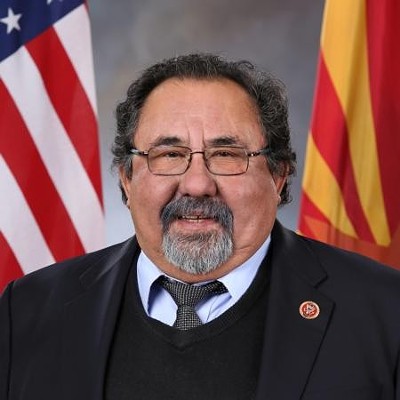Unless we can trace our ancestors to the native peoples who lived here before Europeans made the voyage to what was to become the United States of America, we all share immigrant roots. Even if those roots extend as far back as the Mayflower, in some sense, we began as refugees seeking asylum from poverty, starvation, conscription or political or religious oppression. Or our forebears may have simply been pursuing the dream of a better life.
But many of the migrants were not eager to make the journey to America. For most, it was a forced option.
And many thought they would return to their countries of origin after earning some money in the United States.
With few exceptions, each ethnic group that made it to these shores faced obstacles similar to those immigrants face today. The earlier arrivals encountered intolerance, bigotry, fear and discrimination. It would take at least a generation, sometimes more, before each group finally wove its way into the fabric of American life.
The Irish, driven by the potato famine of the 1840s, bumped up against the entrenched English, who only reluctantly and over time would give up the prerogatives of power. Despite being from the same part of the world, the English saw the Irish as a lesser, savage breed; "Micks" they disparagingly called them.
The Chinese suffered their own kind of hell, and poems etched into the walls at Angel Island in San Francisco Bay--the detention center for entering Asians--testify to the hardships and humiliations endured on a daily basis.
In Island: Poetry and History of Chinese Immigrants on Angel Island 1910-1940, one such poem reads:
Leaving behind my writing brush and
removing my sword, I came to America.
Who was to know two streams of tears would
flow upon arriving here?
If there comes a day when I will have
attained my ambition and become
successful,
I will certainly behead the barbarians and
spare not a single blade of grass.
The barbarians, in case you have any doubt, are white people.
When the Chinese finally did leave the confinement of the detention center, many settled in California, where they worked on the transcontinental railroad, in mines, as farm laborers and, of course, as laundrymen, an occupation requiring little in the way of investment and one not hampered by a lack of fluency in English.
The Chinese were met with the white American belief that people of color were by definition members of an inferior caste. Citizenship was denied them, and in the late 1800s, they were excluded from entering the United States for a decade. It would take years of persistence and court battles before the Chinese were finally accorded their rights.
Other groups met discrimination and hostility when they entered America. In the 1800s, waves of eastern and southern Europeans encountered distrust and were the victims of stereotyping. Italians, for example, were believed to be dangerous, knife-wielding characters who also happened to be dirty and reek of garlic and olive oil.
In my own family, my uncle relates an incident that occurred in elementary school during the 1940s. While a teacher was grouping children one day, she placed my uncle with the Puerto Ricans. Her explanation? Italians and Puerto Ricans all smelled bad.
These days, it's the Mexicans, Central Americans and South Americans who are reviled for their attempt at the American dream, for their struggles to cross a treacherous border into the Promised Land. But before we condemn their efforts, we would be wise to remember our roots and the obstacles our ancestors encountered as they met adversity with endurance.
Forgetting our past favors those whose vision is clouded with the same kind of racism that impacted earlier generations of immigrants. But by remembering our origins, we take the first step in acknowledging that we are not so different after all.






